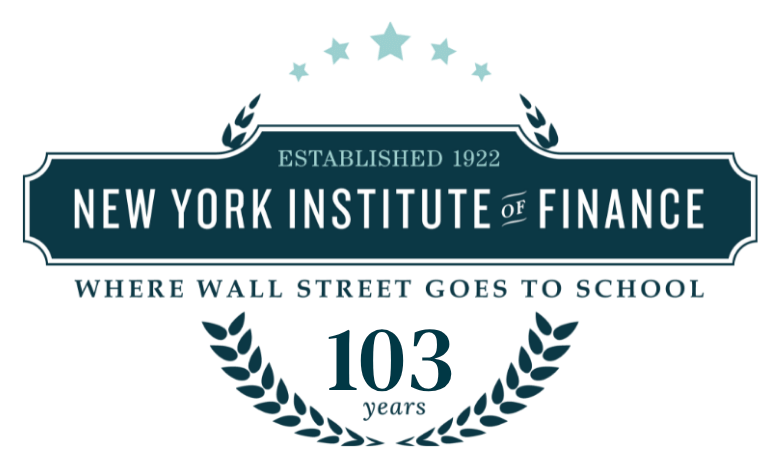Doubts raised over global forex platform
By Sam Fleming and Daniel Schäfer in London and Jamie Smyth in Sydney. This article originally appeared on the Financial Times website, FT.com on September 14th, 2014
A proposal to reform the foreign exchange market by creating a central platform looks unlikely to get off the ground after industry participants raised doubts about the practicality of the scheme.
Several banks and lobby groups have argued in submissions to regulators against the concept of creating a global platform to match fixing orders, saying that it could hamper competition and innovation, create risks and push up prices.
“Having a central utility would create enormous single point-of-failure risks,” said ACI, a forex industry umbrella organisation, in its response to the rules proposed in a Financial Stability Board consultation paper.
“Choice as to participation on existing utilities is made largely for participants for their own individual commercial reasons. Such choice must be left to participants in an open market,” it added.
Deutsche Bank, one of the largest dealers in the $5.3tn a day global forex market, said in a submission to the FSB that regulatory backing of the infrastructure “may be to the detriment of innovation to provide alternative solutions, competitive pricing and risk management”.
The idea was part of 15 initial reform proposals that were brought forward by the umbrella regulatory group in July following allegations surrounding the 4pm fixing in the forex market. The FSB said that it was interested in the creation of a “utility” to match fixing orders from around the globe to reduce the scope for manipulation – in effect undercutting bank’s role in the daily rate “fixes”, which are determined by averaging different market-makers’ order prices.
Its working group, led by Paul Fisher of the Bank of England and Guy Debelle of the Reserve Bank of Australia, is finalising reform suggestions ahead of G20 meetings in Australia. The FSB declined to comment ahead of their report’s publication.
The responses to the FSB show there is support for the central order matching concept among some lobby groups and firms, for example banks ANZ, NAB and Commerzbank, even as other respondents stressed the technical hurdles.
“Provided that such a utility would come under prudent supervision, we would strongly support such a change in the market infrastructure, as it would help to reinstate the credibility of the FX markets and its participants,” Commerzbank said in its letter to the FSB.
Several firms, including State Street and a partnership between ICAP and EBS, are already setting up their own forex matching and execution platforms, a business model that would be threatened by the creation of a centralised global market infrastructure.
There was clearer support for some other recommendations, including the widening of the one-minute time period in which the WM/Reuters London fix is set in order to make it less prone to manipulation. The ACI response has suggested this be extended to five minutes.
The FSB started to scrutinise the London-dominated global forex market in February after a sprawling investigation by at least 15 regulators and prosecutors into benchmark-rigging allegations piled on pressure to reform a largely unregulated industry.
About New York Institute of Finance
With a history dating back more than 90 years, the New York Institute of Finance is a global leader in training for the financial services and related industries with course topics covering investment banking, securities, retirement income planning, insurance, mutual funds, financial planning, finance and accounting, and lending. The New York Institute of Finance has a faculty of industry leaders and offers a range of program delivery options including self-study, online and in classroom.
For more information on the New York Institute of Finance, visit the homepage or view in-person and online finance courses below:
